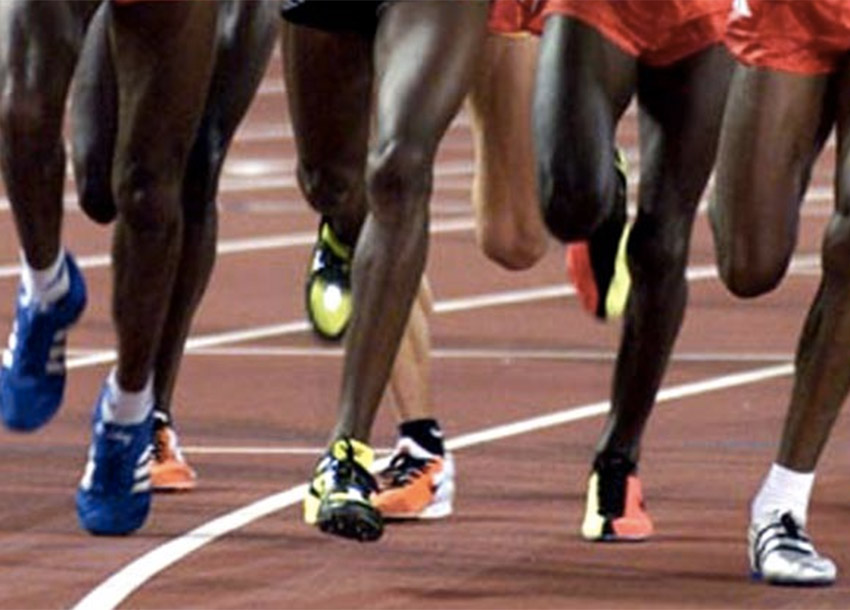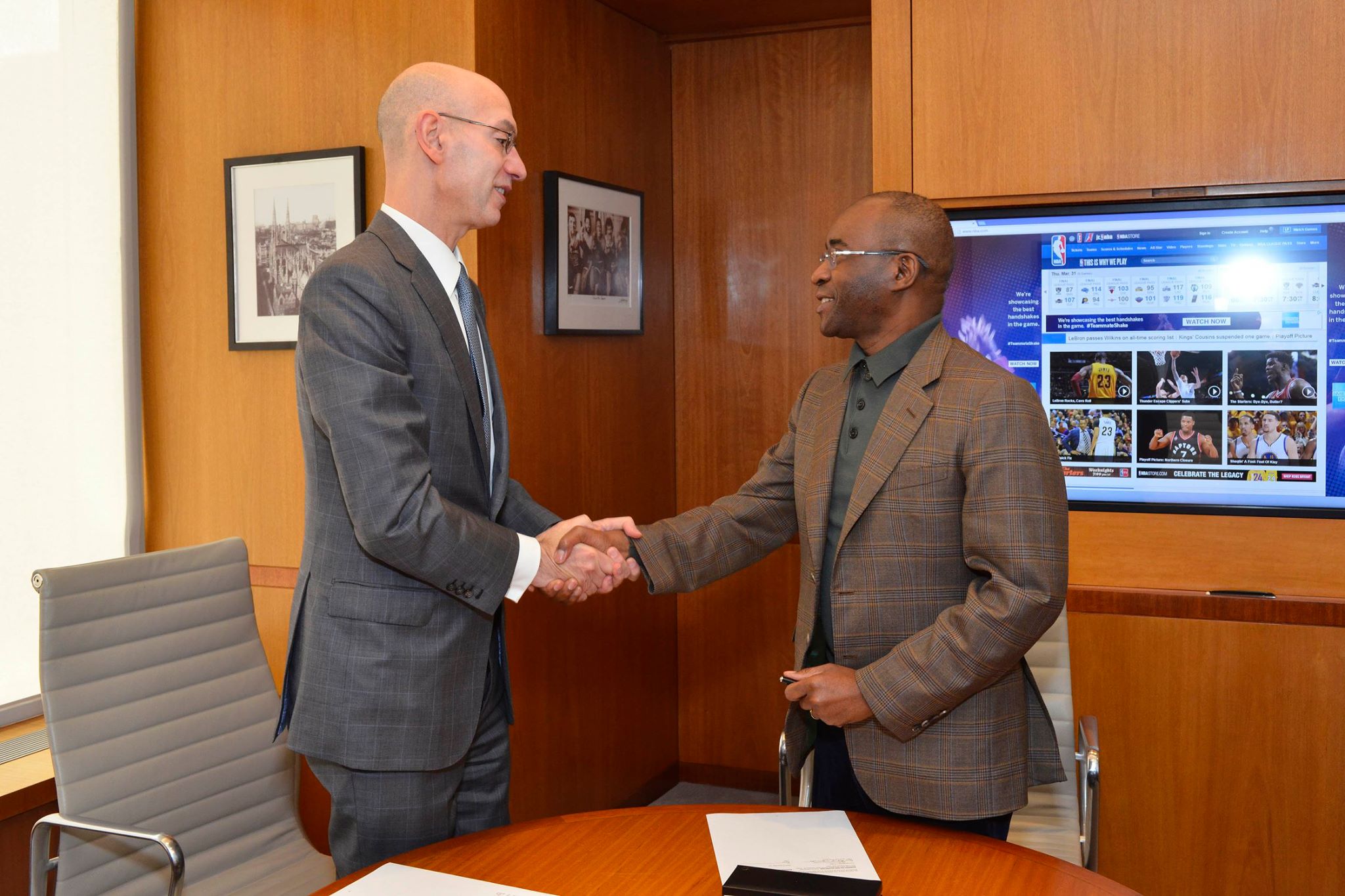Share this
The Anti-Doping Agency of Kenya (ADAK) is exploring partnering with other testing labs outside South Africa to shorten the turn-around time of obtaining results from samples collected locally.
Winners of September’s 2015 Standard Chartered and Kakamega marathons are among those who are yet to receive their prize monies as due process in doping control continues months after the races.
Also Read: ADAK to prioritise education over lab testing, cases review
Doha, Qatar and Lausanne, Switzerland are some of the locations ADAK is consulting with to share the load of testing as the country continues exploring plans to set up its own lab in Nairobi.
Currently, it takes up to six months for samples collected in Kenya to be analysed and results announced as the local anti-doping body presses on with the establishment of a lab in Nairobi in partnership with the Chinese and Norwegian anti-doping bodies.
ADAK CEO, Japhter Rugut said on Thursday the decision to shop for other testing centres was key in enforcing its mandate once the new anti-doping law comes into force on Friday when President Uhuru Kenyatta signs the its proposed bill.
Rugut added they are confident that Kenya will not be declared non-compliant on May 12 at the World Anti-Doping Agency Foundation Board Meeting in Montreal, Canada.
“ADAK will forward all the documents to WADA as soon as the President assents to the Anti-Doping Bill of 2016 on Friday and they will await instructions on whether a Kenyan representative is expected at the WADA press conference that will follow the meeting,” Rugut told Citizen Sports.
In addition ADAK will take over the mandate of doping control from Athletics Kenya and hope to start training members of the Sports Disputes Tribunal in early May because it will handle the function of appeals by athletes who feel that they were not fairly judged by Athletics Kenya/IAAF in past cases.
Kenya’s biggest drug bust so far, that of three-time Boston and two-time Chicago marathon winner Rita Jeptoo’s appeal is already beyond the jurisdiction of ADAK and will remain at Court for Arbitration in Sport in Lausanne, Switzerland.
ADAK were allocated Ksh300m but they believe that they will need at least Ksh500m to execute its mandate across all sporting disciplines not athletics alone.
Rugut bemoaned the fact that sending one sample to a foreign lab costs at least Ksh40,000 with the high number of athletes in Kenya, the cost of testing them all are prohibitive with their current budget.
The Anti Doping Bill passed the Senate stage of legislation on Thursday morning and is now in the hands of President Uhuru Kenyatta, who is expected to sign it into law on Friday.
“Kenya has surpassed the threshold set by Canada based WADA in terms of compliance requirements. This includes the passage of anti-doping policy, bill, and rules related to anti-doping plus setting up a national anti-doping agency that is independent and well funded,” Rugut announced.




















